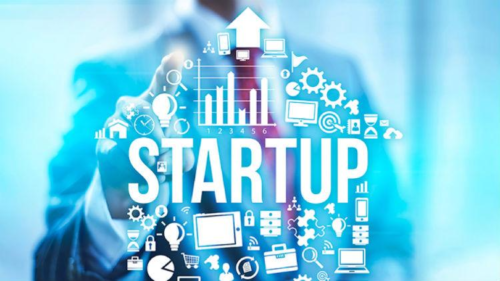
Africa’s startup ecosystem is experiencing a strong start in 2025, with total funding soaring by 240% yearly to $289 million in January, a significant increase from $85 million raised in the same period in 2024.
According to data from “Africa: The Big Deal”, this marks the second-best January for startup funding since at least 2019, surpassed only by the January 2022 funding boom.
The report highlights that equity financing accounted for over 90% of the total funds raised, amounting to $262 million. This represents a substantial jump from January 2024 and ranks as the second-highest January for equity fundraising in the past six years.
The four largest deals in January 2025 came from Nigeria, Kenya, Egypt, and South Africa, often referred to as Africa’s “Big Four” startup ecosystems. These markets collectively secured approximately 60% of total funding raised across the continent.
Some of the standout deals included PowerGen ($50M+) (the energy-focused startup raised funds to develop a scalable platform for distributed renewable energy solutions across Africa), LemFi ($53M) (the fintech company secured funding to drive expansion into Asia and Europe), Naked ($38M, Series B) (the insuretech firm plans to use the investment to automate services and expand product offerings) and Enko Education ($24M) (the education-focused startup will continue expanding its network of African schools).
A growing trend among these high-profile deals is African startups expanding their reach beyond the continent, seeking global markets and new opportunities.
The strong funding performance in early 2025 provides hope for Africa’s startup ecosystem, which faced significant funding challenges in 2023 and 2024. Last year, African startups raised only $1.5 billion in equity financing, representing less than 1% of global startup investments. According to Davidson Oturu, General Partner at Nubia Capital, Nigerian startups have promising opportunities to attract funding in 2025.
However, he cautions that “The funding landscape for African startups is evolving. While foreign investors will continue to play a major role, global economic pressures may make them more cautious and selective. Startups will need to demonstrate strong fundamentals, scalability, and the ability to solve real problems to attract investment.”
With a robust start to 2025, the African tech ecosystem appears to be regaining momentum, and entrepreneurs will need to focus on innovation, scalability, and financial resilience to sustain investor interest.


